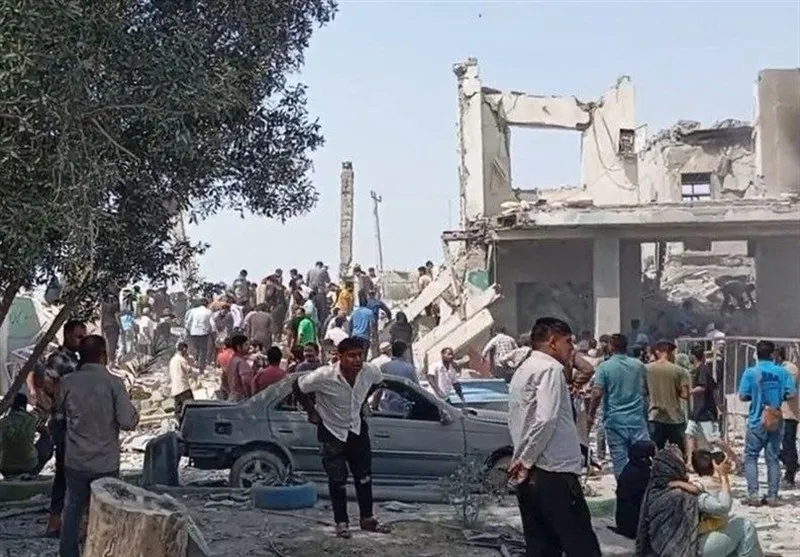The Iranian Ambassador to Russia Kazem Jalali observed on his Facebook page on April 3, that “The North-South corridor [INSTC] is a great option to replace the Suez Canal with a reduction in travel times to 20 days and savings of up to 30 percent.”
He underscored that the recent accident in the Suez Canal shows that “‘the need to speed up the completion of infrastructure and the North-South corridor as an alternative to the route through the Suez Canal has become clear and more important than ever.’”
The seven-day blockage of the Suez Canal is now over, caused by the jackknife of the giant Ever Given container vessel. At peak, over 460 vessels were backed up. The canal blockage led to supply chain disruptions hitting the range of $9 billion in daily losses to the global economy.
The Suez Canal, which Egypt expanded in recent years, is a vital link in the world map of key routes and transport nodes, but the world system of land-bridge and maritime corridors is woefully underdeveloped, and subject to chokepoint disruptions.
The International North-South Transport Corridor has been reported on extensively in the EIR Special Report, “The New Silk Road Becomes the World Land-Bridge: A Shared Future for Humanity.”
Sputnik today, which reports Ambassador Jatali’s remarks, reviews the project, which “has been worked on by India, Iran and Russia for nearly 20 years.” Sputnik reports: “The INSTC project came into being in 2002, when the transport ministers of Russia, Iran, and India signed an agreement to create a multimodal ship, rail and road-based transport network stretching 7,200 km, from Mumbai, western India, to Moscow via Iran and the Caspian Sea. In the years since, other nations including Azerbaijan, Armenia, Belarus, Kazakhstan, Tajikistan, Kyrgyzstan, Ukraine, Oman, and Syria joined the project, and new routes via Azerbaijan and the countries of Central Asia have been proposed to eliminate the need to transfer cargoes from overland-based transport to cargo ships and back.”
It continues that “work has recently been accelerated to expand the route’s capacity, with the Russian government and business planning to invest tens of billions of rubles over the next decade. India has already committed over $2.1 billion into the project, spending about $500 million on the expansion of the Iranian port of Chabahar, and another $1.6 billion on the construction of a railway line between Zahedan, southeastern Iran and the Hajigak iron and steel mining project in central Afghanistan.”





